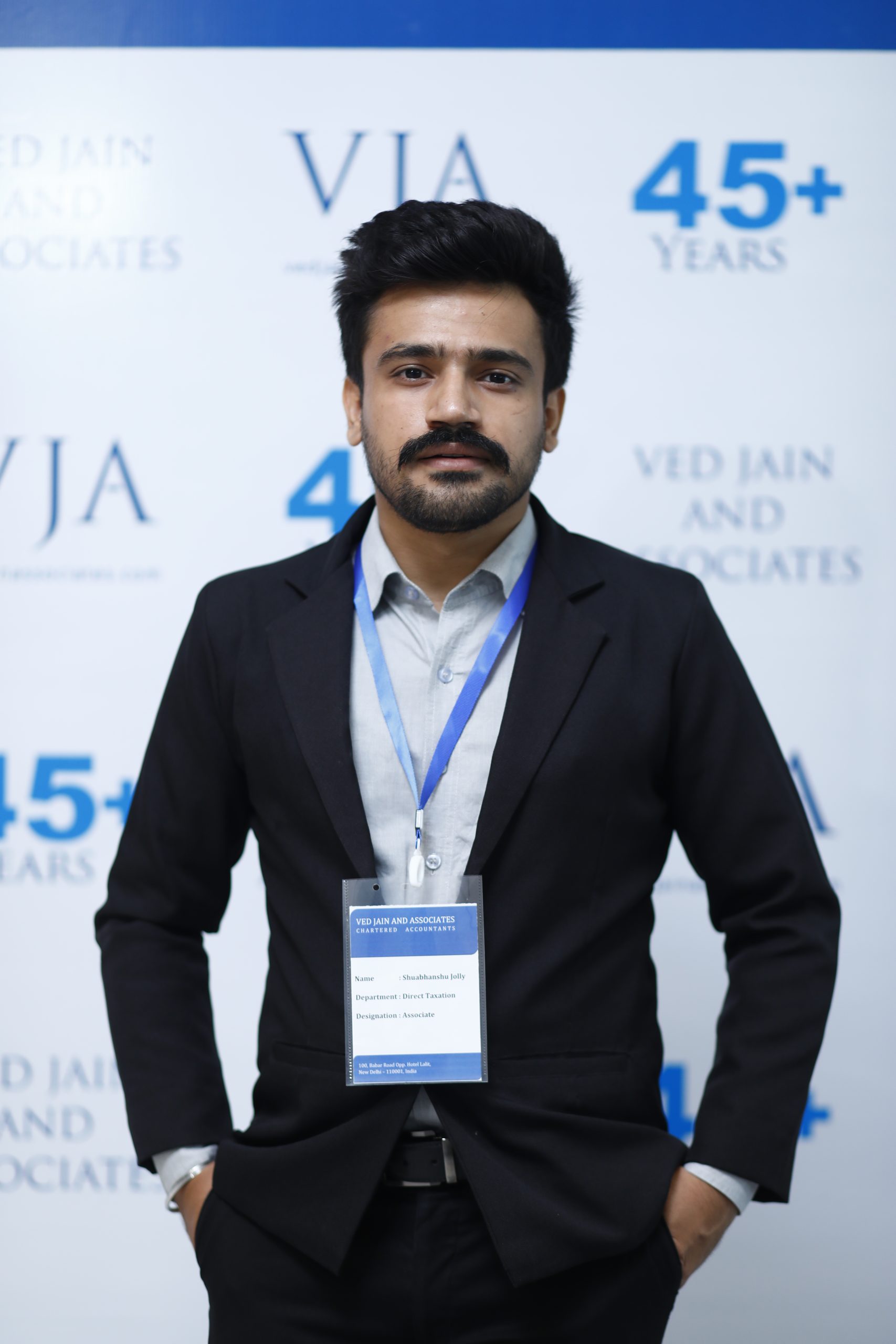EDUCATION CESS NOT ALLOWED AS EXPENSE [Section 40 read with section 40(a) (ii) of the Income Tax Act, 1961]
- Certain taxpayers have been claiming deduction on account of ‘cess’ under section 40 of the Income Tax Act, 1961 claiming that ‘cess’ has not been specifically mentioned in the provisions of the section 40(a) (ii) of the Income Tax Act, 1961 and therefore, cess ought to be an allowable expenditure. Such assesses placed strong reliance on various judicial judgments such as Sesa Goa Limited versus JCIT (Bombay High Court).
Please note here ‘cess’ means primary education and secondary and higher education cess or health and education cess as applicable, as the case may be.
- For better understanding, text of the extracts from the case
- Sesa Goa Limited versus JCIT
- (Bombay High Court) for the reference are reproduced here as under:
The question which arose for determination was whether the expression “any rate or tax levied” as it appeared in Section 40(a) (ii) included “cess”.
The assessee contended that the expression does not include “cess” and therefore, the amounts paid towards “cess” were liable to be deducted in computing the income chargeable under the head “profits and gains of business or profession”.
However, Revenue contended that “cess” was also included in the scope and import of the expression “any rate or tax levied” and consequently, the amounts paid towards the “cess” were not liable for deduction in computing the income chargeable under the head “profits and gains ofbusiness or profession”.
HC found that the legislature, in Section 40(a) (ii) had provided that “any rate or tax levied” on “profits and gains of business or profession” shall not be deducted in computing the income chargeable under the head “profits and gains of business or profession”
There was no reference to any “cess”. Therefore, there was no scope to accept the contention that “cess” being in the nature of a “Tax” was equally not deductible in computing the income chargeable under the head “profits and gains of business or profession”.
Acceptance of such a contention would amount to reading something in the text of the provision which is not to be found in the text of the provision in Section 40(a) (ii) of the IT Act.
Hence, HC held that the substantial question of law in favour of the Appellant — Assessee and against the Respondent-Revenue. In conclusion, Education Cess and Higher and Secondary Education Cess is allowable as business expenses.
Therefore, to overrule all the judicial judgments favoring assessee in this case, Ministry of Finance vide Finance Act, 2022 introduced to include an explanation retrospectively in the Income Tax Act, 1961 itself to clarify that for the purpose of this sub clause, the term ‘tax’ includes and shall be deemed to have always included any surcharge or cess, by whatever name called, on such tax.
This amendment will take effect retrospectively from 01st April, 2005 and will accordingly apply in relation to the assessment year 2005-06 and subsequent assessment year(s).
Practical Implications of the amendment introduced:
For the Assessee:
- Return of income for any previous year(s) is pending for completion of assessment or the appeal/case is pending before the CIT(A)/ITAT/HC/SC:
Return of income for previous year(s) already filed and claimed ‘cess’ as deductible expenditure while computing the income under the head PGBP.
Such return of income is pending for completion of assessment or the appeal/case is pending before the CIT(A)/ITAT/HC/SC.
Assessing Officer (AO) while completing assessment or the CIT(A)/ITAT/HC/SC while considering the facts of the case will disallow such ‘cess’ since the amendment will take effect from 01st April, 2005 (AY 2005-06 and subsequent assessment year(s) ).
Assessment already completed or any appeal filed before CIT(A)/ITAT/HC/SC is disposed off:
Return of income for any previous year(s) already filed and claimed `cess’ as deductible expenditure while computing the income under the head PGBP.
For such return of income, assessment proceedings were completed or any appeal filed before the CIT(A)/ITAT/HC/SC were disposed off.
Assessing Officer (AO) can reopen the case for such action under section 147 of the Income Tax Act, 1961. Keeping the amendment as the base for the reason to believe that income of the assessee has escaped assessment, reassessment can be done.
For the Professionals:
- Tax liability shall be computed on such ‘cess’ considering had it not been claimed as deductible expenditure while computing the income under the head PGBP.
- Such computed tax liability shall be deposited for the respective year(s).
- Another challenge which can arise is the applicability of Interest under section 234B and 234C of the Income Tax Act, 1961 for such delayed payment of tax.
- Charging of interest under section 234B and 234C would be burdensome to the assessee reason being such interest will be calculated retrospectively and consequently shall attract huge amount of such interest which could be many folds as compared to the amount of tax liability.
- Opinion of professional(s) on applicability of such interest and thereafter its computation and deposit can be at Important is Professional(s) should evaluate the angle of applicability of such Interest.





Very well explained sir!
This article was veryy helpful for me, thank you CA Shubhanshu sir for sharing such insightful analysis 🤩